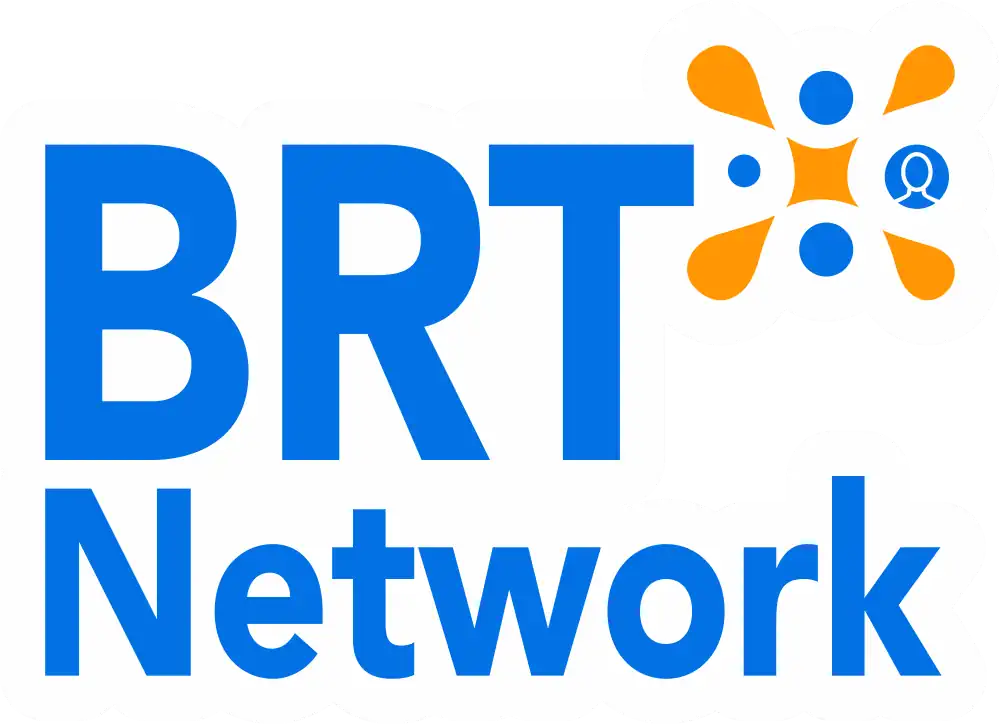Have you ever had one of those days where everything feels heavy? Your body is tired, your mind is overloaded, and then your child does something that suddenly triggers your anger. In a split second, your voice rises. Words spill out that you wish you hadn’t said. And then silence falls. Regret sinks in.
You sit there thinking: “Why did I react like that? I promised myself I would never treat my child the way I was treated.”
This is not just your story. Many young parents experience the same struggle. We want to raise our children with more patience and warmth than what we once received, but sometimes, old wounds sneak into our parenting. This repeating pattern is called the cycle of generational wounds. The good news, it can be broken. One of the most powerful ways to do that is through reparenting.
What Is Reparenting?
Reparenting is the practice of becoming the parent you once needed. It’s about learning to meet your own emotional needs with patience, gentleness, and safety.Therapists describe reparenting as caring for your inner child, the younger version of you that still carries memories and emotions from childhood. When ignored, that inner child shows up in adulthood as quick anger, deep guilt, or difficulty expressing love.
Through reparenting, you tell yourself, “I am an adult now. I can give myself the love and support I didn’t receive before.” This shift opens the door to healing, acceptance, and growth. Not just for yourself, but also for your children.
How Childhood Wounds Shape Our Parenting
Every parent carries a story. Some grew up with encouragement and affection, while others were raised in strict, critical, or emotionally distant households. These experiences leave invisible marks that often resurface when we raise children of our own.
- If you were often told you were “never good enough,” you might doubt your parenting skills today.
- If affection was rare in your family, showing tenderness to your child may feel awkward.
- If you were taught to “always be strong,” you may struggle when your child cries, unconsciously repeating the same message: “Stop crying, be strong.”
1. Historical Trauma
This refers to trauma carried by an entire group, community, or culture, often caused by oppression, violence, or collective suffering. Historical trauma can manifest across generations as depression, anxiety, low self-esteem, anger, or difficulties regulating emotions.2. Transgenerational Trauma
Also known as Intergenerational trauma, this is when unresolved emotional pain is unconsciously passed down to the next generation. An article from the American Counseling Association explains that trauma can silently flow through communication styles, conflict resolution, or emotional patterns in families.For example, a parent who was taught to “always be strong” may struggle when their child cries. Without realizing it, they repeat the same message: “Stop crying, be strong.” But children don’t need to be told to hide their feelings, they need a safe space to express them.
3. The Mother Wound
Another concept is the mother wound, emotional pain carried by daughters due to difficult relationships with their mothers. It often shows up as feelings of “never being enough,” guilt, or low self-trust. Many women bring these wounds into adulthood, then wrestle with the fear of passing them down to their own children.Recognizing these patterns doesn’t mean blaming our parents. It means understanding how unhealed pain affects us today and choosing a different path forward.
Practical Ways to Start Reparenting
Healing doesn’t happen overnight. Reparenting is built on small, consistent acts of care that strengthen emotional awareness and resilience. Here are some practices you can begin today:1. Journaling: Writing to Discover Your Wounds
Awareness is the first step to healing. Journaling helps uncover hidden emotions and patterns that influence how we parent.Try prompts like:
- “What childhood memory still feels heavy in my heart?”
- “What did I need back then that I didn’t receive?”
Over time, you may notice themes, maybe you often felt unseen, pressured to please, or afraid to make mistakes. Writing these down is the beginning of conscious change.
2. Positive Affirmations: Replacing Old Voices
Many parents carry old voices in their heads, “You’re lazy. You’re bad. You’ll never be good enough.” These messages return under stress, shaping how we speak to ourselves and sometimes to our children.Affirmations help rewrite the script. Start small with:
- “I am a good enough parent.”
- “I grow and learn with my child every day.”
- “I am worthy of love, and I can give love.”
3. Inner Child Work: Meeting Your Younger Self
Close your eyes and picture yourself as a child. Imagine your expression, your clothes, your fears. Then, as your adult self, gently approach that child and say, “I know you felt alone back then, but I’m here now. I will protect you.”This practice may feel unusual at first, but it can be profoundly healing. It builds empathy for yourself, which naturally extends to empathy for your children.
4. Create Safe Emotional Spaces
Children thrive when they feel safe to express emotions. Reparenting yourself helps you create that safe space. Start with small actions:- Instead of saying “Stop crying,” try “I see you’re upset. Do you want a hug?”
- Instead of dismissing feelings, validate them, “I understand you’re angry. That feeling is okay.”
5. Seeking Support: You Don’t Have to Do It Alone
Reparenting can be challenging when carried alone. It’s okay to seek help, whether through therapy, parenting groups, or trusted friends.Many parents feel relief when they realize they’re not alone. Sharing stories reminds us that struggles are normal, and healing is possible.
Healing Is a Journey, Not a Quick Fix
Reparenting is not a one-time achievement. It’s an ongoing journey. Some days, you’ll respond calmly and feel proud. Other days, old habits will sneak back in. And that’s okay.
What matters is awareness. Every time you pause before yelling, every time you choose gentler words, every time you sit with your child instead of pushing them away, that is healing in action.
By healing ourselves, we free our children from carrying the weight of our past. We give them a chance to grow in safety, trust, and love.
Final Thoughts
Reparenting is both an act of healing and an act of love. It’s love for yourself, the child you once were, and love for your children, who deserve a different story.Breaking cycles of generational wounds takes courage. But every small choice to be more present, gentle, and conscious is a step toward a brighter future.
So the next time you feel yourself falling into old patterns, pause. Take a deep breath and remind yourself: “I am learning. I am healing. I am enough.” Because you are!

.webp)



.png)





Posting Komentar
Posting Komentar